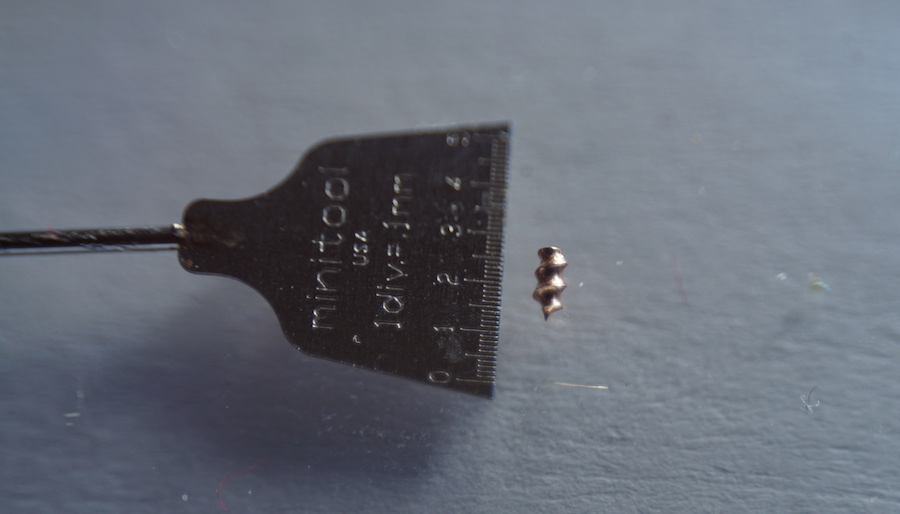Visions of the future always include some kind of robot helping humans, but Bionaut Labs is not waiting for the future to introduce its microscale robots geared toward precision treatment modality for brain disorders.
Subscribe to the Crunchbase Daily
The Los Angeles-based company announced its launch Wednesday after working on its modality approach in stealth mode since 2016. It also said it received $20 million in financing, its total financing to date, back in 2019, led by Khosla Ventures.
The Bionaut treatment modality involves microscale robots — about one millimeter in size — to deliver a drug or other therapy, as well as perform a microsurgical procedure in a specific area of the central nervous system. The robot is injected into the spine, and a magnetic remote control directs it into the brain using precision localized targeting that the company is proving can offer better efficacy and safety than traditional treatment modalities.
“We wanted to come out when the safety and efficacy data was available,” Michael Shpigelmacher, co-founder and CEO of Bionaut Labs, told Crunchbase News. “We now have strong rodent model data for brain stem glioma, a pediatric disease, and will continue to use the funding to demonstrate that the microscale robots work now in large animals and eventually for human clinical trials.”
Other investors in the syndicate included Upfront Ventures, Revolution, BOLD Capital and Compound. Proceeds from the financing are being put to work to advance Bionaut’s lead therapeutic program in glioma, as well as a program for Huntington’s disease, into preclinical development. Shpigelmacher expects to get into the clinic in 2023.
The market
The precision medicine market, one of the most promising treatment modalities for certain diseases that don’t yet have effective treatment, is expected to reach $105.6 billion by 2026. In addition to central nervous system disorders, Bionaut is looking at other opportunities for the microrobots, including in ophthalmology and cancers outside the head where there is a high need for targeted drug delivery, such as liver and pancreatic cancers, as well as cardiovascular, he said.
Kevin Zhang, partner at Upfront Ventures, was a seed investor in Bionaut and has been on the company’s board since 2017. Zhang comes from a life sciences background, and said in an interview that when people think about precision medicine, they think about molecular precision, but not typically about physical precision.
He also said that with the robots being the size they are, they can be taken anywhere in the body, even through tissue, with minimal damage and side effects.
“You can be physically precise for molecules with a fancy new drug, whereas when you flush the brain with drugs, you need a higher dose and have to worry about side effects,” Zhang said. “Bionaut can go into the body with a dose level for a smaller target and release it just there.”
Feature photo of micro robot courtesy of Bionaut Labs
Blogroll illustration: Dom Guzman

Stay up to date with recent funding rounds, acquisitions, and more with the Crunchbase Daily.







![Illustration of stopwatch - AI [Dom Guzman]](https://news.crunchbase.com/wp-content/uploads/Halftime-AI-1-300x168.jpg)



67.1K Followers